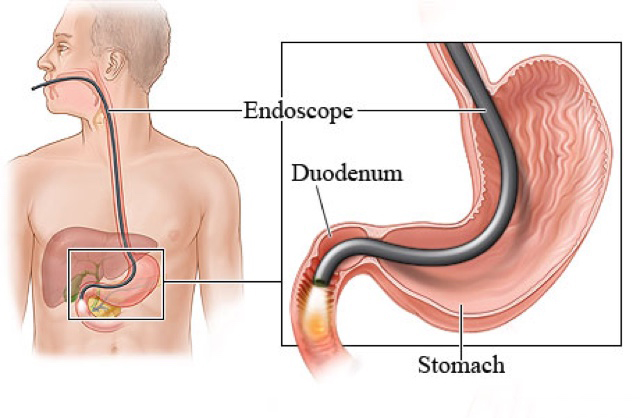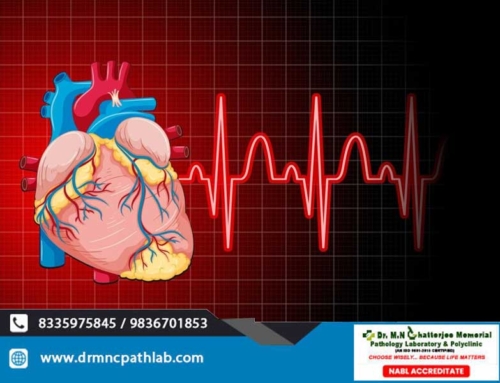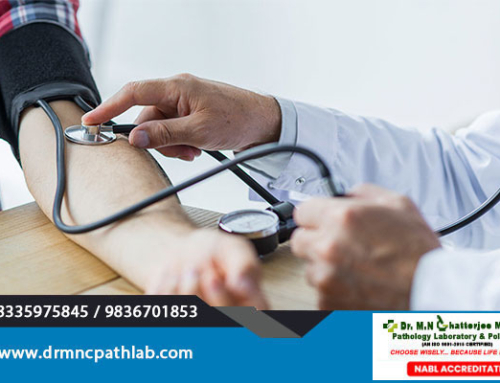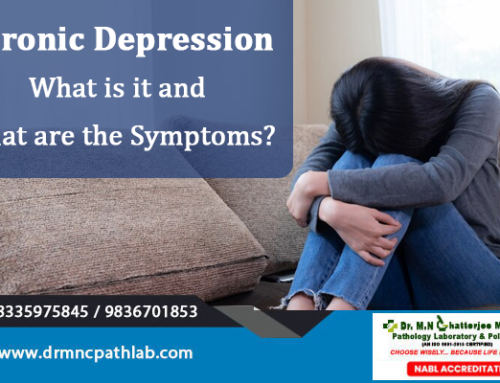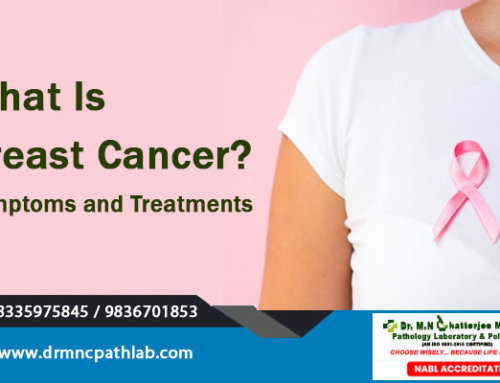Endoscopy is a process that enables a doctor to analyze the insides of a patient’s body. Initially, this test was used only in case of stomach, esophagus, and colon. At present, doctors recommend an endoscopy in a diagnostic centre in Hooghly while diagnosing multiple diseases of the nose, ear, throat, urinary tract, heart, abdomen and joints.
What is an endoscope?
During an endoscopy test, the physician places a device known as an endoscope into the patient’s body. These endoscopes are slender tubes attached with a small camera and a powerful light at the end.
There are several categories of endoscopes. Depending on the part of the patient’s body that the doctor needs to inspect, the flexibility and length of the endoscope is chosen. For instance, a device that is used by the physician to inspect a patient’s joints is usually rigid. On the contrary, the one that is meant to observe the inner parts of the colon is generally flexible.
A few other tools used in an endoscopy
Usually, an endoscope contains a channel using which the physician inserts the tools to accumulate tissue or to offer treatment. These tools consist of:
• Flexible forceps for collecting tissue samples. These tools look like tongs.
• Biopsy forceps meant for cutting of tissue samples or any suspicious growth
• Cytology brush for gathering samples of cells
The need for an endoscopy
A doctor usually recommends an endoscopy in case of the following reasons:
1. To screen and prevent cancer. For instance, a doctor uses a form of endoscopy termed as “colonoscopy” in order to screen for colorectal cancer. During this colonoscopy, the doctor can remove lumps termed as polyps which may develop into cancer later.
2. To identify a disease or detect the cause of certain symptoms. The type of endoscopy your doctor will recommend depends on the part of the body that needs to be examined.
3. To offer treatment. Some of these treatments conducted in Best onco pathology Lab in Hooghly are:
• Laparoscopic surgery, which is a type of surgery in the skin using small incisions,
• Laser therapy in which a strong ray of light is used to wipe out cancer cells
Reasons to consult a physician after an endoscopy
Problems arising after an endoscopy in a pathology lab in hooghly are usually uncommon, but they may occur. It is better to consult a doctor right away if the following symptoms arise:
• Vomiting
• Fever
• Abnormal stool
• Chest pain
• Loss of breath
• Severe abdominal pain

